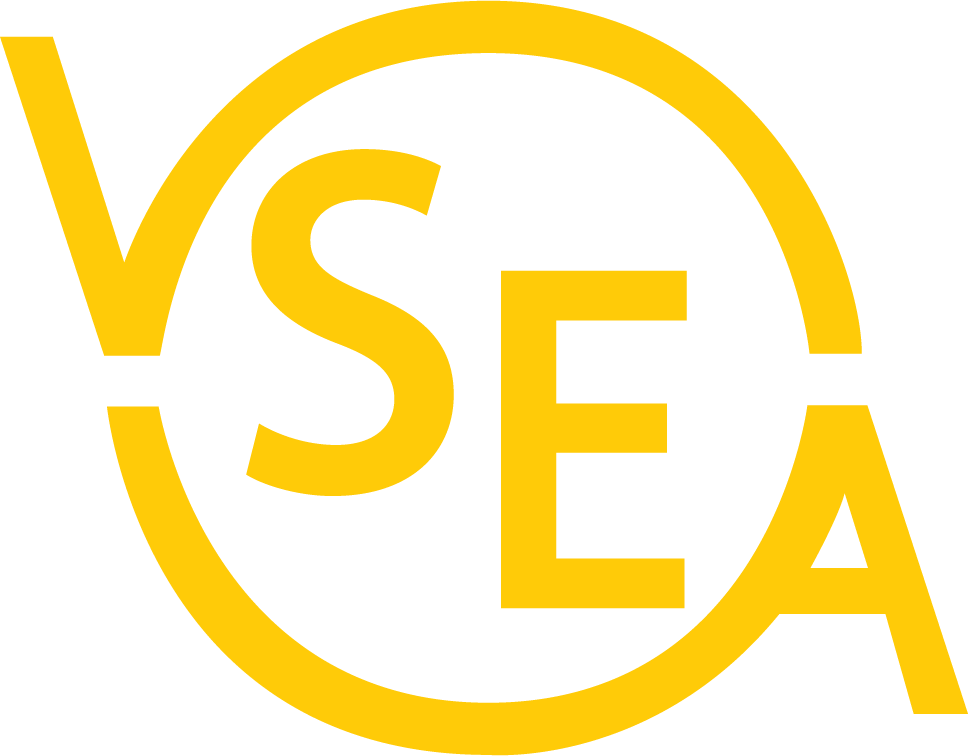State Introduces Proposal To Privatize? Mental Health Services
[VT Assn. Mental Health Director Floyd] Nease said allowing private industry to vie against the designated agencies would let for-profit firms pick off the highest-margin patients and exacerbate fiscal pressures at the nonprofit agencies.
Article published Mar 17, 2011
Racine: State eyeing free-market approach to mental health services
By Peter Hirschfeld
Vermont Press Bureau
MONTPELIER — Already targeted by Gov. Peter Shumlin for an $11 million spending cut, Vermont’s mental health agencies are now fighting an administration proposal that seeks to open up the mental-health care system to free-market competition.
Under current law, the Agency of Human Services must direct the vast majority of its mental health expenditures into 17 “designated agencies” that provide patient services across the state.
Secretary of Human Services Doug Racine told lawmakers Wednesday the administration wants a statutory change that would allow his agency to enter into contracts with service providers outside of that system. “I call them regional monopolies that allow … very little flexibility for the agency to work in different ways and see if there’s a better way can we contract with others,” Racine told the House Committee on Human Services on Wednesday.
Vermont this year will spend $280 million — nearly 15 percent of all human-services expenditures — on designated agencies that serve the needs of people with mental health issues and developmental disabilities.
Racine said that, according to a 2007 report, the figure is projected to rise by 8 percent annually, just to maintain existing levels of service.
Mental health advocates have said they can’t absorb the 5-percent reductions in Shumlin’s budget without slashing programs and services. If that’s true, Racine said, the state needs to find a more efficient way of doing business.
“What we have heard (from designated agencies) is there is nothing left we can do … except cut services, if there’s a budget cut. And the only way we are going to be able to provide services is with additional money … I do not want to accept that as the only alternative we have,” Racine said. “So the question is, how do we change the rules?”
Floyd Nease, executive director of the Vermont Association of Mental Health, said the administration proposal would “deconstruct our mental-health system as we know it.”
Nease said allowing private industry to vie against the designated agencies would let for-profit firms pick off the highest-margin patients and exacerbate fiscal pressures at the nonprofit agencies.
Julie Tessler, executive director of the Vermont council of Developmental and Mental Health Services, said the designated-agency system, in place since the 1960s, is designed to cater to all clients, regardless of their profit potential.
“You could have an outside, for-profit agency come in, under bid, provide really cheap services, and then we lose our infrastructure and they raise their rates,” Tessler said. Racine has asked the House Committee on Appropriations to incorporate the statutory change into its budget bill.
Racine, Tessler, Nease and a handful of designated-agency executives met in the Statehouse cafeteria immediately following the late-afternoon testimony in the human-services committee.
Things seemed far more copacetic between the parties following that session. The administration’s proposal has gotten a cool reception from lawmakers. And Nease and Tessler said they’re eager to work with the administration to develop performance measures that ensure the designated agencies are achieving desired outcomes.
“As a result of the (administration’s) proposal, there have been some very positive conversations about the future of mental-health care in Vermont,” Nease said.

